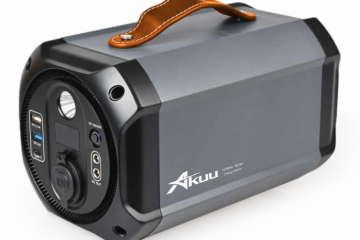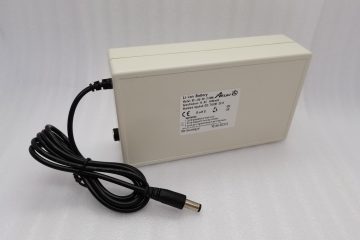Solar panel controller
A solar panel controller, also known as a solar charge controller or PV controller, is an essential component of a solar power system. Its main function is to regulate the charging process of the batteries connected to the solar panels and prevent overcharging or overdischarging, ensuring efficient and safe operation of the system.
The solar panel controller performs several key functions:
- Charge regulation: The controller monitors the voltage and current from the solar panels and adjusts the charging parameters to ensure the batteries receive the optimal charge. It prevents overcharging, which can damage the batteries, and ensures efficient charging even under varying weather conditions.
- Battery protection: The controller protects the batteries from overdischarging by automatically disconnecting the load when the battery voltage drops to a certain level. This helps prolong the battery life and ensures that there is always enough charge for the connected devices.
- Load control: Some solar panel controllers have load control functionality, allowing you to connect and control DC loads such as lights, fans, or pumps. The controller regulates the power output to the loads and may include features like timers or voltage control to optimize energy usage.
- Monitoring and display: Many solar panel controllers come with built-in LCD screens or LED indicators to display important information such as battery voltage, charging current, and system status. This allows users to monitor the performance of the solar power system easily.
- Safety features: Solar panel controllers often incorporate safety features like short circuit protection, reverse polarity protection, and overtemperature protection to safeguard the system components and prevent accidents or damage.
When selecting a solar panel controller, it is important to consider factors such as the system voltage (e.g., 12V, 24V, 48V), maximum charging current, efficiency, and additional features required for your specific application. There are various types of solar panel controllers available, including PWM (Pulse Width Modulation) and MPPT (Maximum Power Point Tracking), each with its advantages and suitability for different system sizes and configurations.
In summary, a solar panel controller is a crucial component in a solar power system, ensuring the proper charging and protection of batteries, optimizing energy utilization, and providing essential monitoring and control functions. It plays a vital role in maximizing the efficiency and reliability of solar energy systems.

